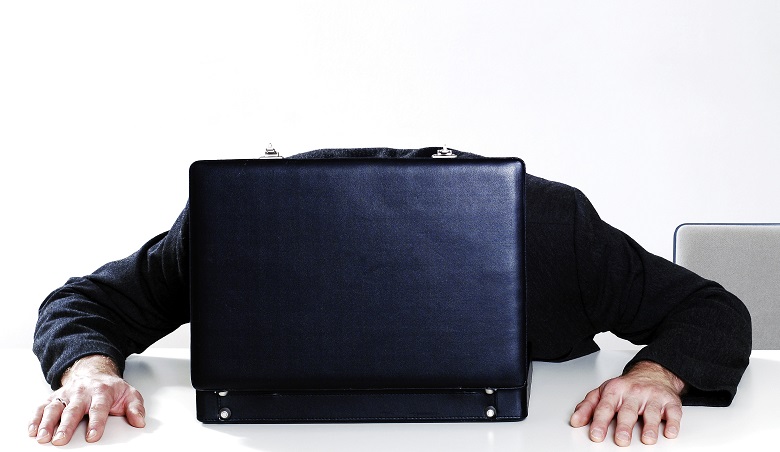Yesterday was one of those days when I had a lot of plans for the evening. While planning my day in the morning, I decided that after work I would wash clothes, vacuum the house, and get our guest bedroom ready before our friends arrive tomorrow. I estimated that the work would take me about an hour to get it done.
However, I left the office later than intended and arrived at home at about 7:30 p.m. Once I sat down for dinner, I felt the exhaustion in my body and the tiredness of my eyes. Rather than pushing myself through it, I decided to take a seat in my living room and check out the TV program. While sitting there, I realized that I had plenty of time to do what I intended to do that night, but I just didn’t feel the enthusiasm and energy to get it done.
Habitually, we think that we don’t have enough time to get everything done that we want to get done. But often we just don’t have the energy required to be truly productive. When I reviewed my day I realized that:
- I didn’t eat lunch until 2 p.m., right before my blood sugar crashed – that is always a “killer” for me.
- I was annoyed by a person’s behavior, and I didn’t remove myself from the unproductive conversation early enough. After that meeting, I felt completely drained and frustrated.
Little incidents like this can have a huge impact on our productivity and well-being. Even though I had plenty of time to get my tasks done yesterday evening, I just didn’t have the energy (and urgency) to fulfill my intention of the morning. So I decided to take it easy on myself and enjoy an evening on my couch. However, for the next morning, I set my alarm clock one hour early to ensure I still would get my work completed.
Coaching questions:
- At the end of the day, do you typically run out of time or out of energy?
- What are your biggest energy drainers?
- What small activities can you implement throughout your day so that you have enough energy after a long work day?

